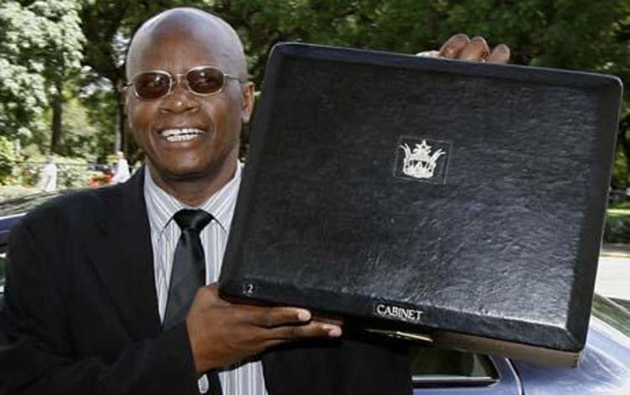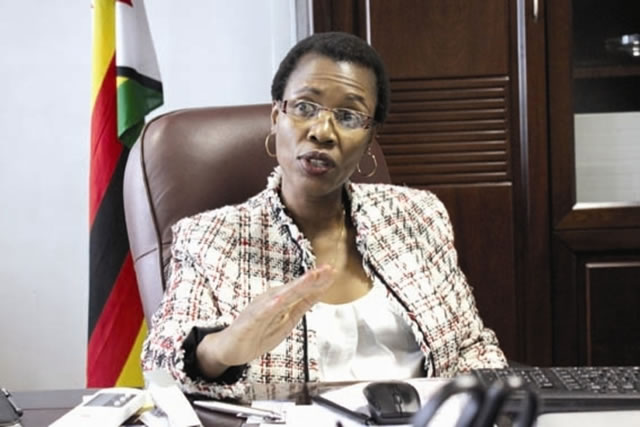EDITORIAL COMMENT: Bond notes are there to help, not an end

The $2 bond notes have been accepted by just about everyone now, with the complaint going from “we will not touch them” to “the Reserve Bank has not issued enough”. But Reserve Bank of Zimbabwe Governor Dr John Mangudya has made it clear for months, as have all relevant members of the Government, that bond notes were never a replacement for the foreign banknotes in circulation, simply an addition.
They are not a solution to the shortage of banknotes, although they will obviously help, along with the bond coins now joined by the $1 piece, with small change.
And they are likely to remain in circulation. Too many foreign banknotes in circulation were gathered up by cross-border traders and others and carried out of Zimbabwe, sometimes legally but more often smuggled. Banks have higher import financing priorities than replacing all these lost foreign notes just so the new batches can also disappear over the borders.
What will solve the problem of banknotes shortages, and the associated ills of illegal externalisation of funds and tax evasion, is the triumph of plastic. That is once almost all transactions in Zimbabwe are done by moving digital funds, then the demand for banknotes, whether foreign or bond, will diminish dramatically.
At the beginning of the shortage the RBZ and Ministry of Finance took some swift steps. Costs of digital transactions were cut, although not the cost of a cash withdrawal, and it was made a lot easier for banks to import Point of Sale machines to issue to their retail customers.
Those moves, along with the banknotes shortages and the appalling costs in time to draw banknotes, help accelerate the switch to digital in much of the formal sector.
But even that switch has been uneven. In Borrowdale, for example, it is difficult to find even a small shop that does not have a POS machine. In the Kopje area it is unusual to find a shop that has.
For many people, cash is still needed to pay rent, since so many landlords, especially in the high density suburbs, demand cash. Second on the list must the highly fragmented motor trade, where even some fairly large businesses are still operating on a cash only basis. For both these groups we suspect that avoiding tax is probably a major reason for wanting cash.
And then we have the informal sector, where mobile money is becoming more common, there is the problem that few banks have simple ways of linking bank accounts to phone wallets. The RBZ and Finance Ministry must now press harder and help make Zimbabwe almost entirely a plastic culture.
The RTGS system is slow, taking several days to move money; online systems of various complexity and stability are becoming available but without publicly explicit standards and certification; and it is still hard for an unbanked little trader or service provider to go the plastic route.
What the two authorities need to do is, working with banks and phone companies, upgrade RTGS to a pure online system, set and ensure common standards for online transaction software, encourage more banks to create basic free bank accounts, cut transaction charges further, and figure out a way to link the mobile money to bank accounts.
The last might well require turning these cash transfer phone systems into a basic bank with some safeguards for those with money on account in the system. Bond coins and low denomination bond notes in very modest quantities can then fulfil that useful role of being carriers of value for small-change transactions, bus fares and a couple of tomatoes from a vendor, where cash would still be useful.











Comments